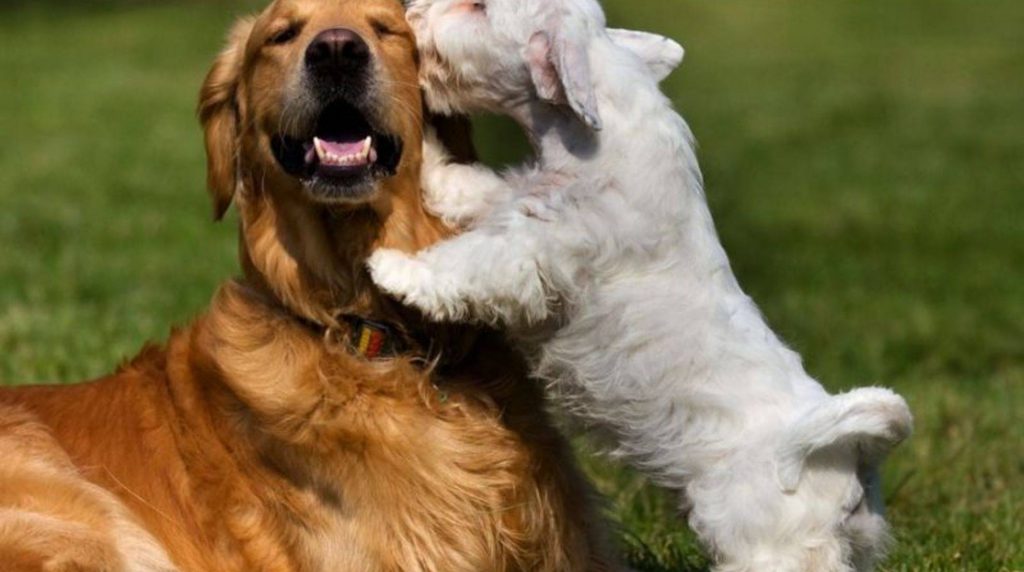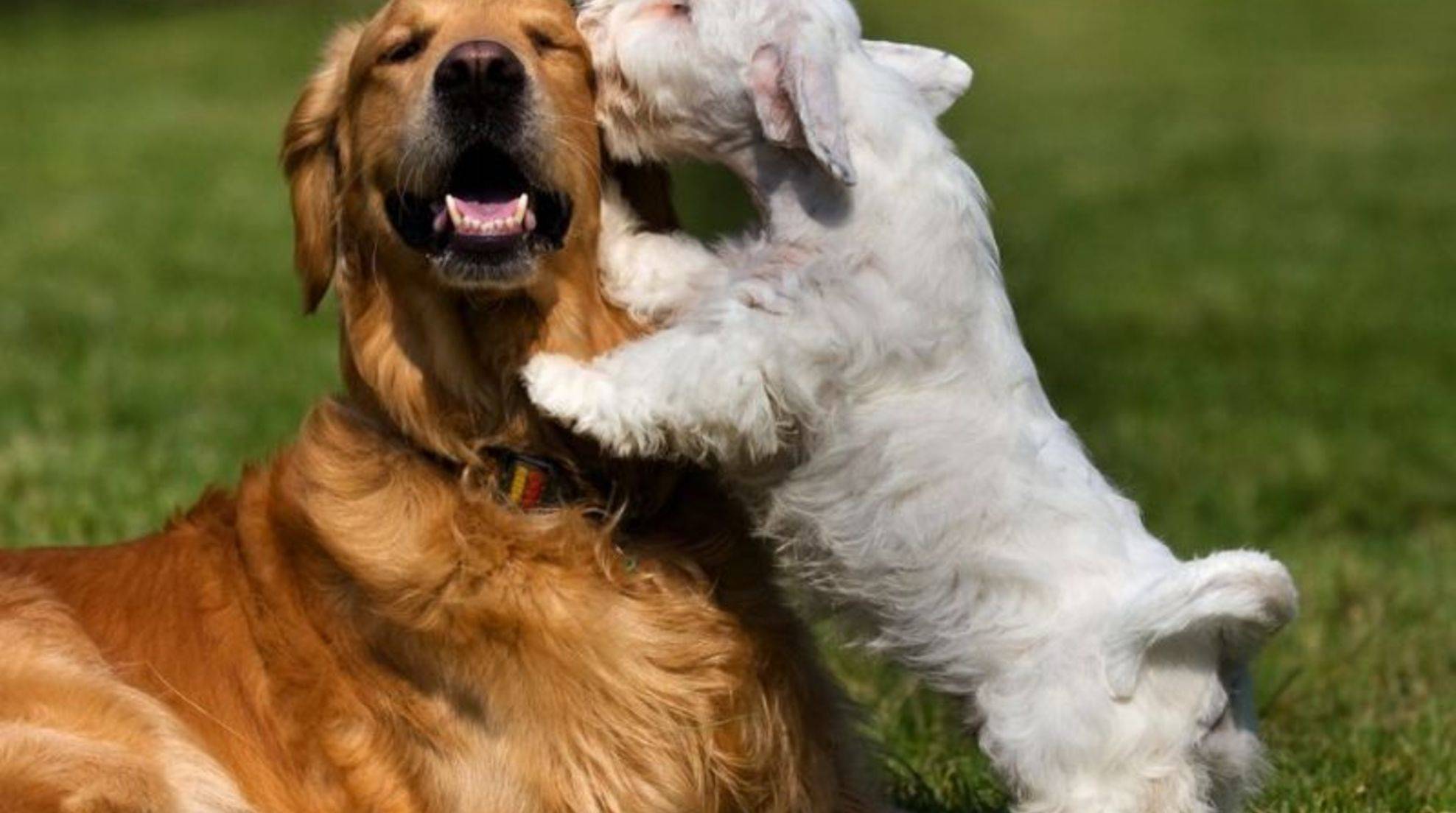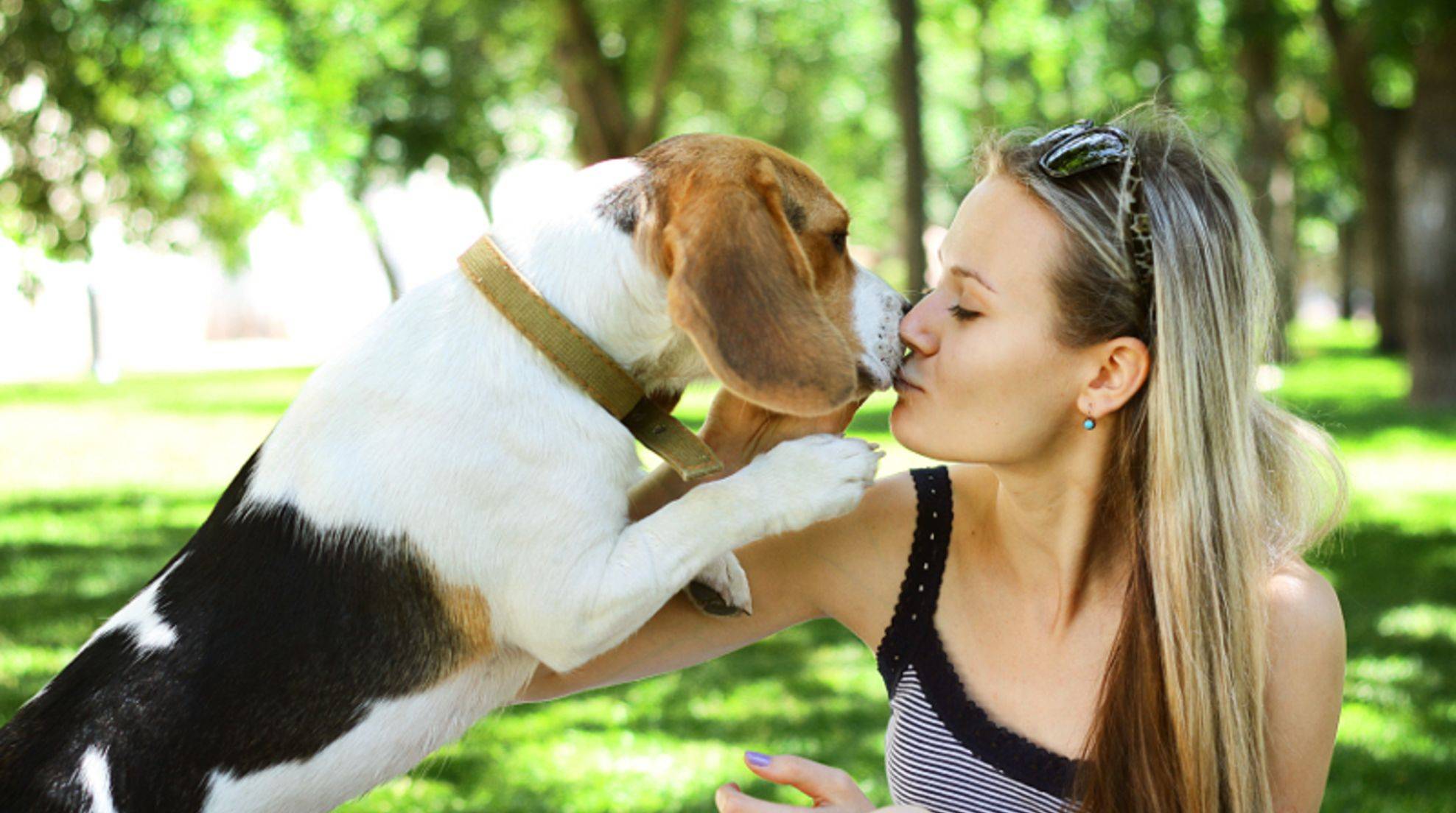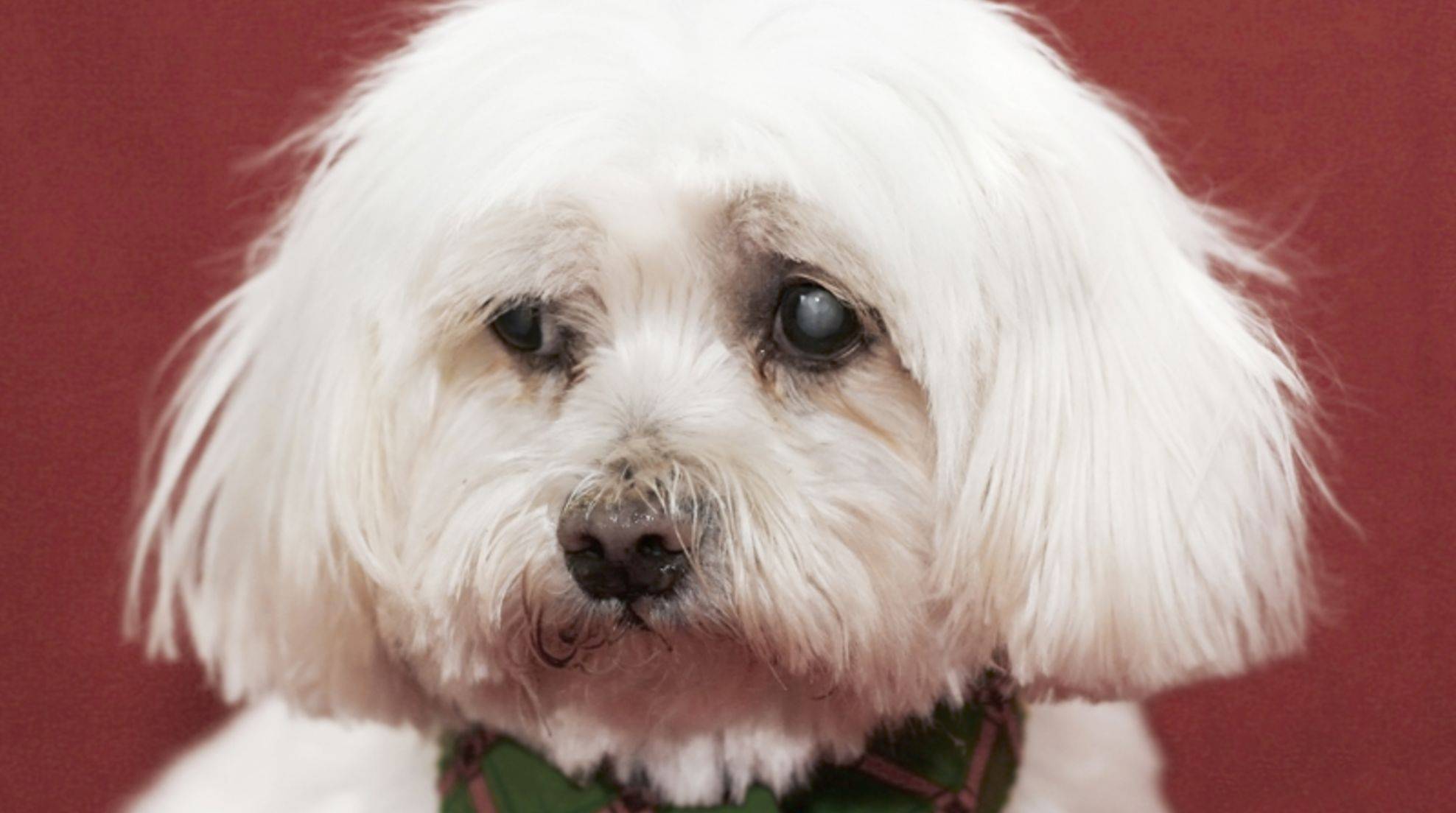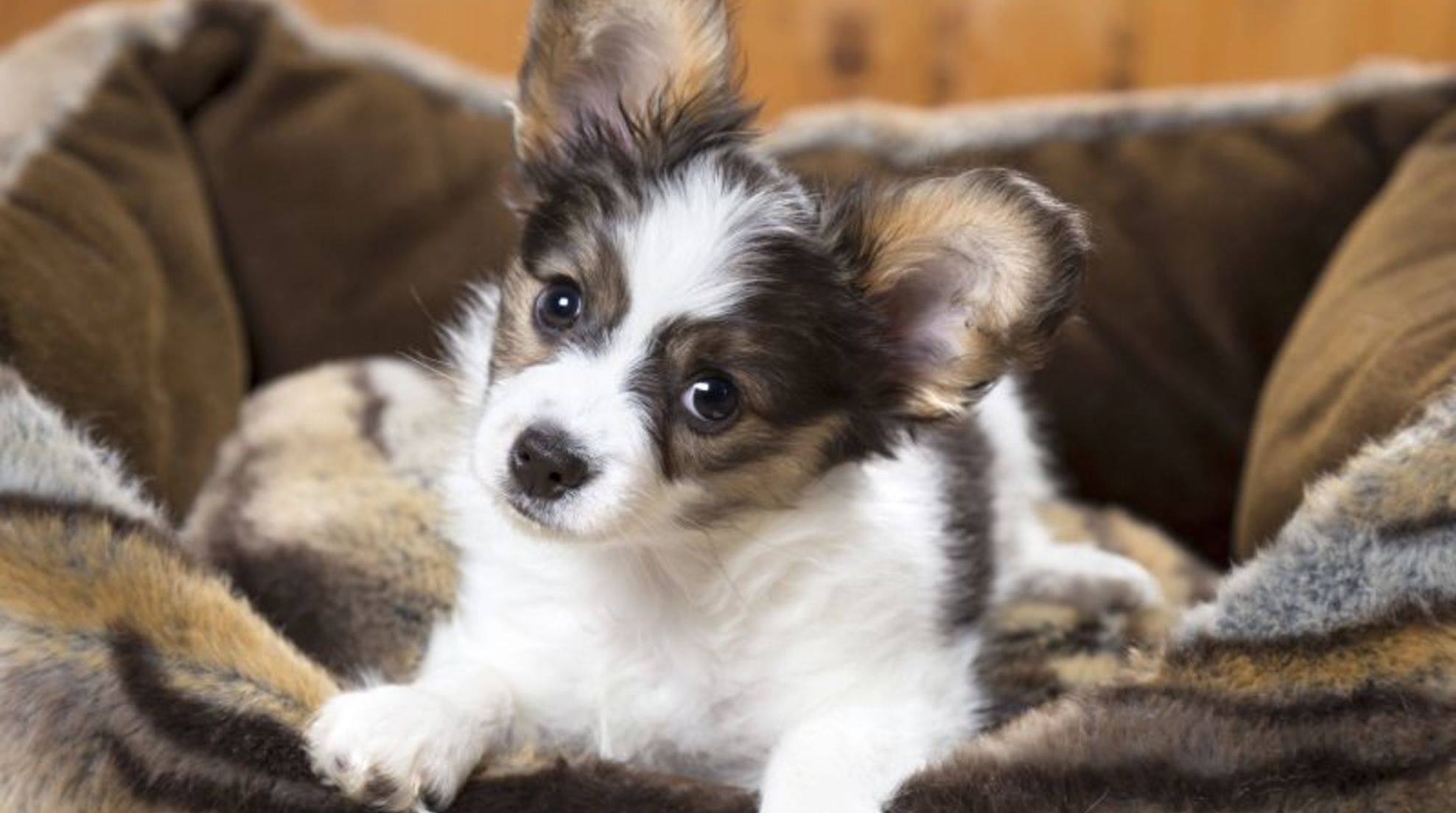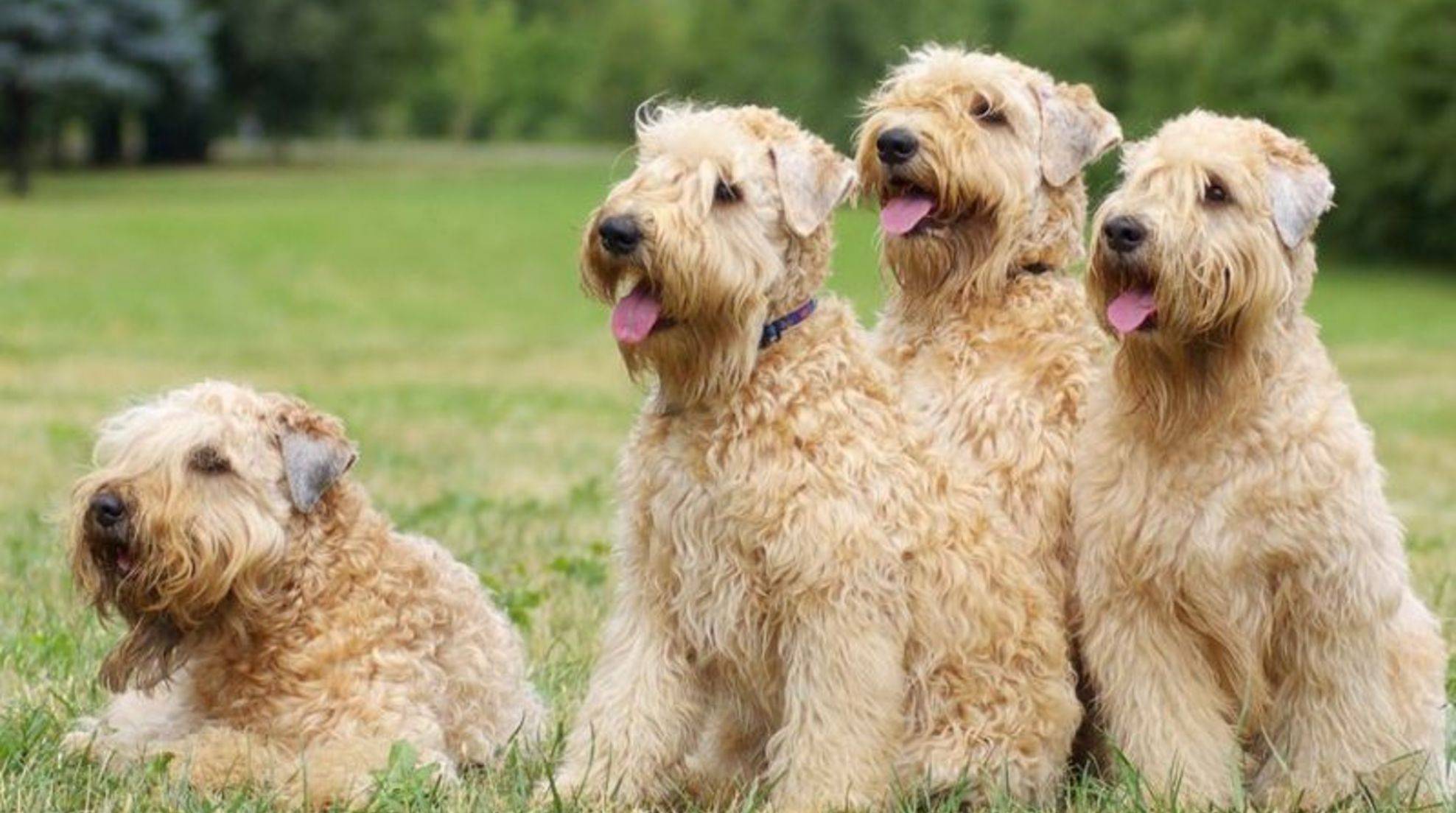Finding the right breed of dog: Which dog suits me?
Finding the right dog breed is not that easy. Around 340 recognized dog breeds make the choice torturous. Here are a few tips for buying a dog.
The most urgent question that burns on the soul of all two-legged people with a desire for a four-legged friend is probably: Which dog breed suits me? It is important that you inform yourself about the breeds in advance.
Finding the right dog breed: Important considerations
To find the right dog breed for you, you should first and foremost be honest with yourself. A look at your own living conditions can provide information about whether you should rather choose an agile greyhound or a cozy bulldog.
With around 340 recognized breeds, there is a good chance of finding a dog suitable in temperament for every type of person. To get an initial overview, it can help to look at the FCI systematics of dog breeds, which assigns all recognized breeds to one of ten groups.
For example, there are herding dogs, hunting dogs, retrieving dogs or
social dogs. Since the four-legged friends were originally bred with regard to their intended task – such as hunting, herding a flock or guarding the yard – such pedigree dogs will quickly become underchallenged if they are not kept busy according to their nature.
Tip: If you decide on a hunting dog that you cannot lead hunting, dog sports, for example, can provide an appropriate balance. The same applies to herding dogs that you cannot use as such. However, this is not possible with all breeds – therefore, inform yourself thoroughly about your desired dog in advance.
Overview of the dog breeds in the FCI systematics
As mentioned above, a look at the classification of breeds into groups and sections will help you make your choice. The FCI (Fédération Cynologique Internationale) has created a system for this purpose, which you can use as a guide when you want to buy a pedigree dog:
Group 1: Herding dogs and cattle dogs (excluding Swiss Mountain Dogs).
Section 1: Sheepdogs
Section 2: herding dogs
Group 2: Pinscher and Schnauzer – Molossoid – Swiss Mountain and Cattle Dogs and other breeds
Section 1: Pinscher and Schnauzer
1.1 Pinscher
1.2 Schnauzer
1.3 Smoushond
1.4 Russian Black Terrier
Section 2: Molossoid
2.1 Great Dane type dogs
2.2 Mountain dogs
Section 3: Swiss Mountain Dogs
Group 3: Terriers
Section 1: High-legged terriers
Section 2: Lowland Terrier
Section 3: Bull type terriers
Section 4: Dwarf terriers
Group 4: Dachshunds
Section 1: Dachshund
Group 5: Spitz and primitive type dogs
Section 1: Nordic sled dogs
Section 2: Nordic hunting dogs
Section 3: Nordic guard and herding dogs
Section 4: European Spitz
Section 5: Asian Spitz and related breeds
Section 6: Urtyp
Section 7: Primitive type – dogs for hunting use
Group 6: Running dogs, bloodhounds and related breeds
Section 1: Running dogs
1.1 Large running dogs
1.2 Medium sized running dogs
1.3 Small running dogs
Section 2: Welding dogs
Section 3: Related breeds
Group 7: Pointing dogs
Section 1: Continental Pointing Dogs
1.1 Type “Braque
1.2 Type “Spaniel
1.3 Type “Griffon
Section 2: British and Irish pointing dogs
2.1 Pointer
2.2 Setter
Group 8: Retrieving dogs – Retrieving dogs – Water dogs
Section 1: Retrievers
Section 2: Retrievers
Section 3: Water dogs
Group 9: Companion and companion dogs
Section 1: Bichons and related breeds
1.1 Bichons
1.2 Coton de Tuléar
1.3 Petit chien lion (Lion)
Section 2: Poodles
Section 3: Small Belgian dog breeds
3.1 Griffons
3.2 Petit Brabançon
Section 4: Hairless dogs
Section 5: Tibetan dog breeds
Section 6: Chihuahueño
Section 7: English social spaniels
Section 8: Japanese Spaniel and Pekinese
Section 9: Continental dwarf spaniels
Section 10: Kromfohrländer
Section 11: Small mastiff dogs
Group 10: Greyhounds
Section 1: Longhaired or feathered sighthounds
Section 2: Rough-coated sighthounds
Section 3: Shorthaired sighthounds
(Source: Breed nomenclature of the FCI)
Tips for the search for the suitable dog breed
So, in order for you to be happy with your four-legged friend in the long run, it is essential that you give honest thought to your own circumstances. You can therefore also turn the question posed at the beginning around: To which dog breed do I fit?
Because a human couch potato will never be happy with an immoderately underchallenged husky, just as little as an enthusiastic jogger can animate a pug to join in. Tip: So find out exactly what characteristics are assigned to the various breeds and match your own with them.
You can read which dog breeds are particularly popular in Germany in the following article:

